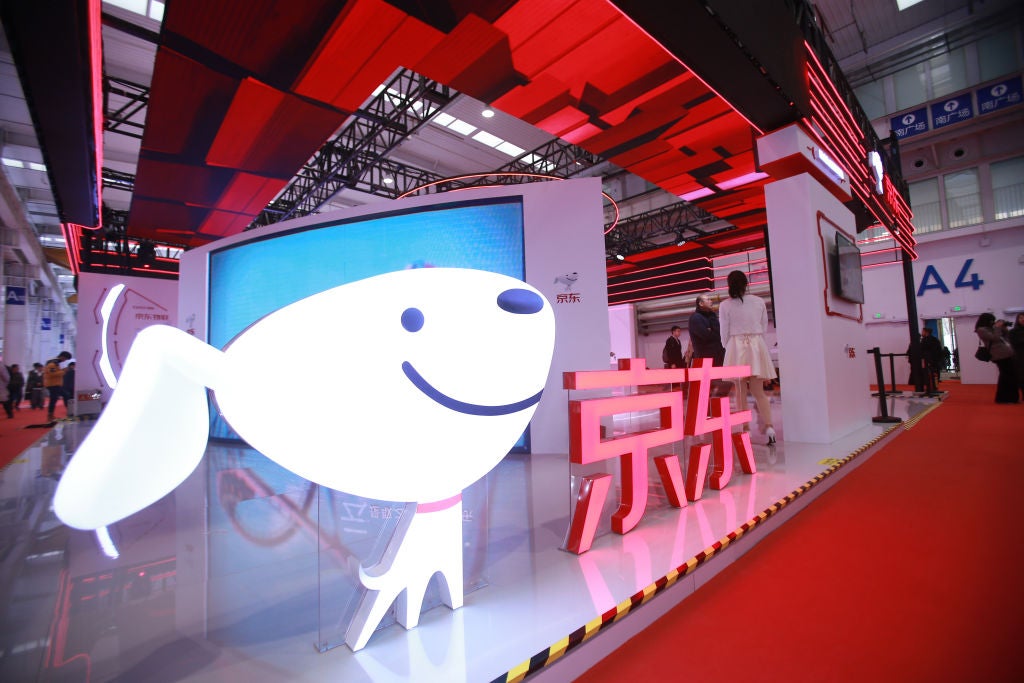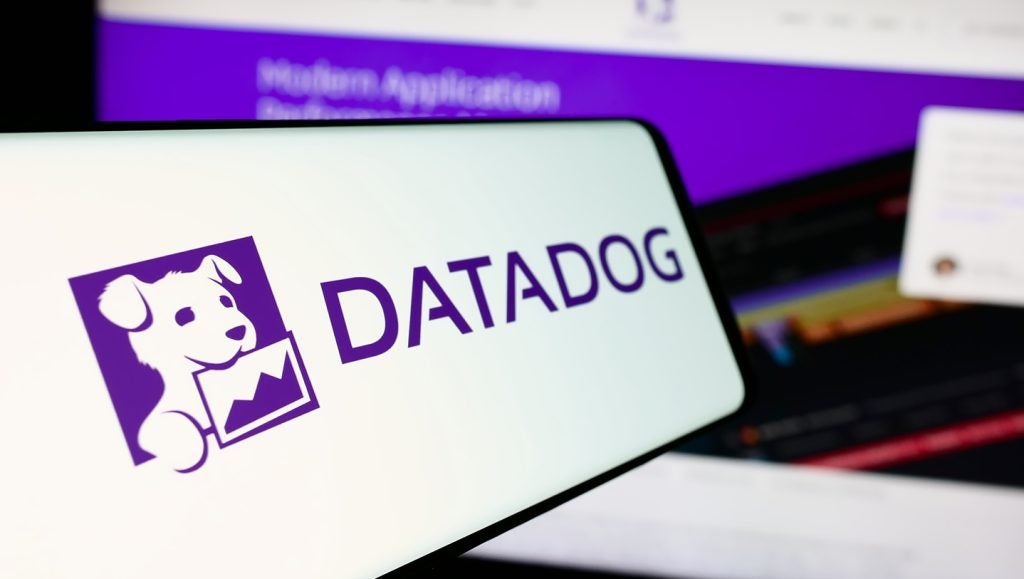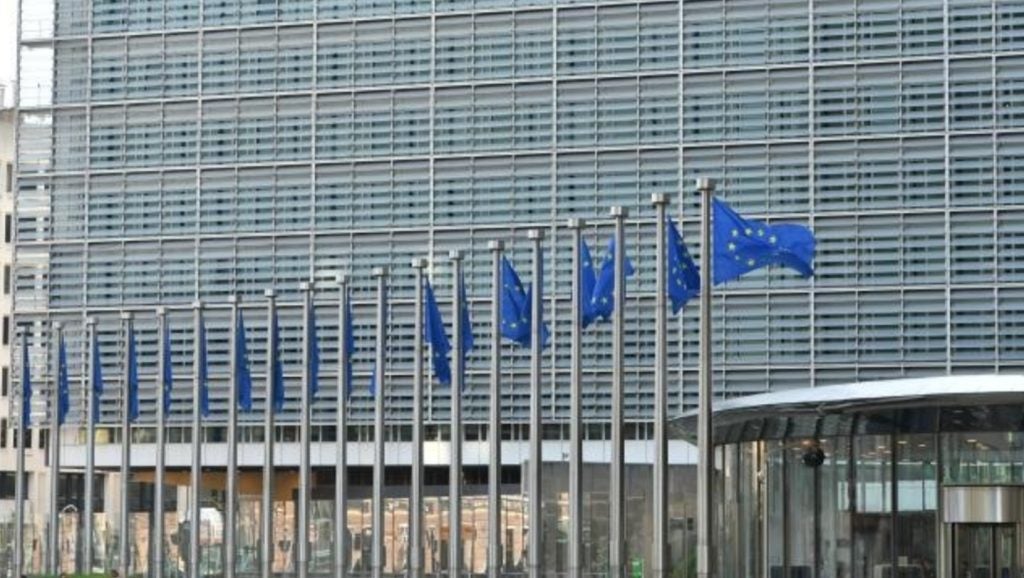
JD.com, one of China’s largest ecommerce retailers, has launched a blockchain-backed platform to sell digital “collectibles” similar to non-fungible tokens (NFTs). Earlier this year, other Chinese tech companies, including Alibaba and Tencent, also jumped onto the NFT bandwagon, despite Beijing’s explicit disapproval of crypto assets.
Last week, JD Technology, the ecommerce firm’s tech arm, quietly launched the Lingxi platform along with an initial batch of NFTs inspired by JD.com’s mascot Joy. As of Monday, 2,000 pieces of each of the five mascots were sold out.
The tokens are minted and released on JD Technology’s own blockchain called JD Chain. JD.com began developing its blockchain technology in 2017 to optimise food supply chain tracking.
The company was careful not to market the products as NFTs and has instead dubbed them “digital collectibles”. Unlike cryptocurrencies, NFTs have not yet been outright banned by Beijing. However, state media outlets have made it clear recently that the government is highly sceptical of the new phenomenon.
In September, People’s Daily, a mouthpiece of the Communist Party, warned that a “huge bubble” was forming in the NFT market. Officials at the People’s Bank of China (PBOC) have also said that the NFT market should be regulated, warning that it could become a loophole for illegal activity such as money laundering and tax evasion.
Despite Beijing’s apparent disdain of NFTs, Chinese tech giants including Alibaba and Tencent have launched NFT trading platforms, although they have since rebranded their offerings as “digital collectibles”, which cannot be resold on their platforms – as stipulated by Chinese regulations.

US Tariffs are shifting - will you react or anticipate?
Don’t let policy changes catch you off guard. Stay proactive with real-time data and expert analysis.
By GlobalDataAfter a digital painting was sold for a whopping US$69m in March, China’s art world also took notice of the NFT craze. In early April, an art gallery in Beijing opened its doors to the first-ever crypto art exhibition, featuring digital artists from Asian and western countries.
In June Alipay, Alibaba’s payment platform, launched 8,000 limited-edition NFTs based on two ancient pieces of artwork of the Dunhuang Caves. The company put up two NFT-backed digital versions of the paintings, which were sold out almost immediately.
Despite such enthusiasm, in late October both Alibaba and Tencent pledged that they would stay away from the NFT market. Both companies rebranded their NFT offerings as “digital collectibles”.
The growing interest in NFTs in China, as well as globally, has prompted numerous companies to join the hype. Nonetheless regulators, especially ones in Beijing, are averse to the new technology. Companies such as Alibaba, Tencent, and now JD.com will need to navigate between opportunities brought about by the NFT hype and the dangers of a government crackdown.
2021, year of the NFT
In simple terms, NFTs are a way to transform a digital good that can be endlessly copied into something unique that can be verified digitally. It is a digital version of a certificate of authenticity. Since such tokens are unique, they are not interchangeable as cryptocoins are.
NFTs are backed by the same technology as cryptocurrency, namely blockchain, which serves as a public ledger, allowing anyone to verify the ownership of the token. While anyone can look at the NFTs buyer, one individual holds official ownership.
In 2021, mentions of NFTs became ubiquitous, partially fuelled by social media. The use of ‘#nft’ on social media increased by a massive 3,566% between January and October 2021, according to GlobalData’s social media analytics tool.
Alongside social media traction, venture capitalists are massively increasing investment into start-ups developing NFT collectibles. Moreover, there was a 20x jump in mentions of the keyword ‘NFT’ in company filings between 2020 and 2021 thus far, according to GlobalData’s filing analytics database.
However a certain technology being mentioned frequently does not mean that it is backed by any substance. One GlobalData report on blockchain goes as far as to say the hype around NFTs “is out of proportion,” reminding readers that NFT IP rights remain “in their infancy, and the implications are unclear.”







